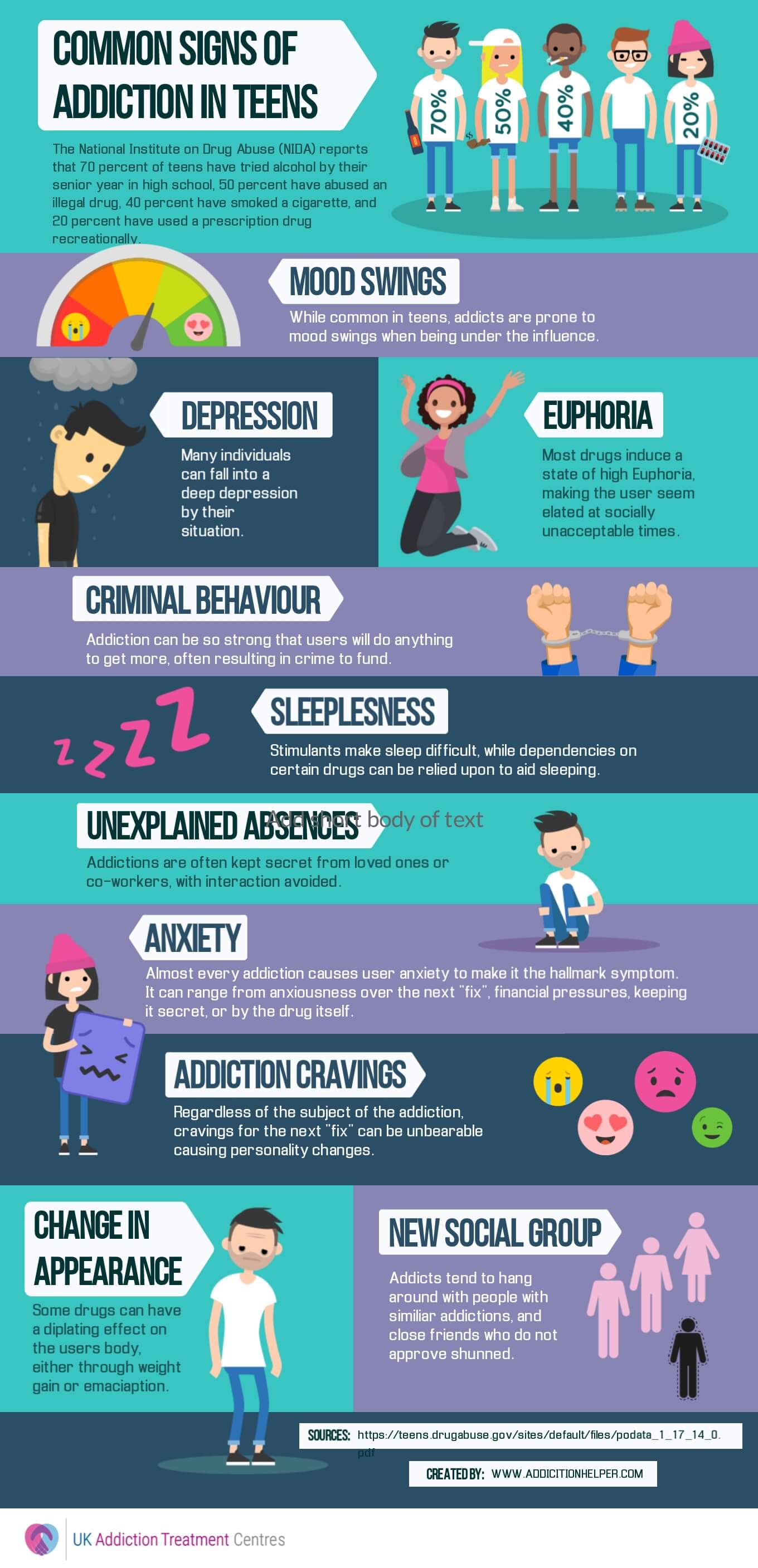Why Aftercare In Drug Rehabilitation Is Essential For Long-Lasting Recovery. Discover Just How Support Group Can Assist You Stay Sober And Construct A Satisfying Life
Why Aftercare In Drug Rehabilitation Is Essential For Long-Lasting Recovery. Discover Just How Support Group Can Assist You Stay Sober And Construct A Satisfying Life
Blog Article
Post Created By-McDermott Larson
You can not do it alone. Healing from drug dependency requires a solid support system.
The relevance of aftercare in drug rehabilitation can not be overemphasized. In this write-up, we will certainly check out the function of counseling, the advantages of therapy, and the structure supplied by peer support groups in keeping sobriety.
So, get hold of a mug of coffee, relax, and allow us direct you with the critical steps of post-rehabilitation support.
The Role of Therapy in Aftercare
If you want to preserve your sobriety after leaving rehabilitation, it's important that you proceed participating in therapy sessions as part of your aftercare plan.
Counseling plays a crucial function in your healing journey by providing continuous support, guidance, and a safe area to reveal your feelings and problems.
Through counseling, you can address any underlying concerns that might have added to your dependency, develop coping strategies, and discover much healthier means to take care of stress and cravings.
It allows you to resolve any kind of unresolved feelings and develop a much better understanding of yourself and your triggers.
The Benefits of Treatment in Preserving Soberness
To keep your sobriety, treatment can give various advantages.
- Therapy supplies a safe space for you to explore and resolve the underlying issues that may have contributed to your addiction.
- It allows you to overcome your emotions and establish healthier ways of managing anxiety and activates.
- Via treatment, you can get a far better understanding of on your own and your patterns of behavior, which can aid you make positive changes in your life.
- Additionally, therapy supplies you with a support group of specialists that are trained to lead and assist you on your trip to recuperation.
- They can use valuable understandings, tools, and techniques to help you navigate the challenges that might emerge.
- In treatment, you can discover to establish healthy and balanced coping abilities, construct strength, and enhance your general well-being.
Peer Support System: A Structure for Lasting Healing
You can discover long lasting healing by proactively participating in peer support system and connecting with others who share similar experiences and goals.
Peer support system provide a risk-free and non-judgmental space where people in recuperation can integrate to share their struggles, successes, and insights. By actively taking Muse How To Get Help For Drug Addiction Without Insurance 90023 in these groups, you can receive the support and motivation you need to remain on the path of recuperation.
Connecting with others that've experienced comparable experiences can be exceptionally encouraging, as it assists you recognize that you aren't alone in your trip. It likewise permits you to learn from others who have actually successfully overcome similar challenges. With each other, you can commemorate landmarks, hold each other answerable, and offer support and guidance.
With these connections, you can develop a solid support system that will certainly help you navigate the ups and downs of recuperation and ultimately find lasting healing and transformation.
Final thought
You have actually found out about the vital function of aftercare in drug rehabilitation. Counseling, therapy, and peer support groups contribute to lasting healing. https://anotepad.com/notes/5e3mf269 's a shocking fact to grasp the size of the problem: research studies reveal that individuals that obtain aftercare treatment are 50% more probable to preserve sobriety compared to those that do not.
So, envision the transformative power of these support group in helping individuals redeem their lives and develop a brighter, drug-free future.
